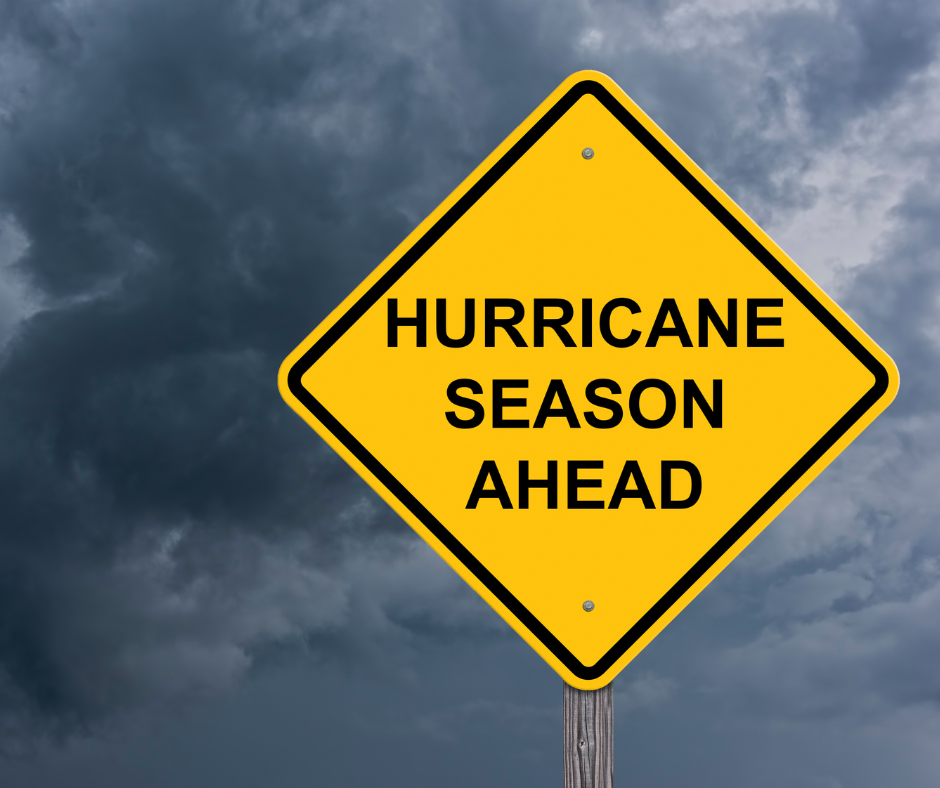Surviving the Heatwave: Tips to Keep Cool and Safe
Surviving the Heatwave: Tips to Keep Cool and Safe
As summer temperatures soar, heatwaves become an inevitable challenge. These periods of excessively hot weather can be more than just uncomfortable—they can be dangerous. Here are some practical tips to help you stay cool and safe during a heatwave.
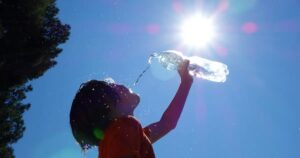
Stay Hydrated
One of the most important things you can do during a heatwave is to stay hydrated. Drink plenty of water throughout the day, even if you don’t feel thirsty. Avoid alcohol, caffeine, and sugary drinks, as they can dehydrate you. Consider drinks with electrolytes if you are sweating a lot.

Dress Appropriately
Wear lightweight, loose-fitting clothing made of natural fabrics like cotton. Light-colored clothes reflect heat better than dark colors. Don’t forget to wear a wide-brimmed hat and sunglasses to protect yourself from the sun.
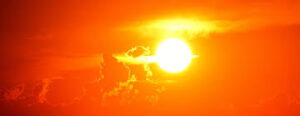
Stay Indoors During Peak Heat
The sun is usually at its strongest between 10 AM and 4 PM. Try to stay indoors during these hours. If you have to be outside, take frequent breaks in the shade or a cool place.
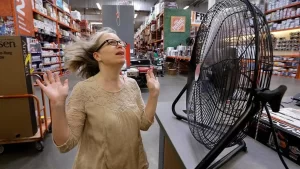
Create a Cool Environment
Keep your living space as cool as possible. Use fans and air conditioning if available. If you don’t have air conditioning, consider spending time in public places that do, like malls or libraries. Keep blinds and curtains closed to block out the sun.
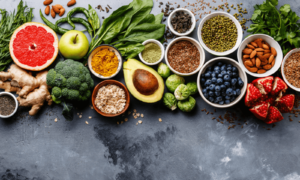
Eat Light
Eat smaller, more frequent meals. Opt for foods that are easy to digest and avoid heavy, hot meals. Fresh fruits and vegetables can help keep you hydrated.

Take Cool Showers or Baths
Cool showers or baths can help lower your body temperature. Alternatively, use a damp cloth on your neck, wrists, and forehead to stay cool.

Check on Vulnerable Individuals
Keep an eye on children, the elderly, and those with health conditions, as they are more susceptible to heat-related illnesses. Make sure they have access to cool environments and plenty of fluids.
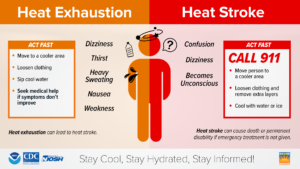
Know the Signs of Heat-Related Illness
Heat exhaustion and heat stroke are serious conditions. Symptoms of heat exhaustion include heavy sweating, weakness, cold or clammy skin, nausea, and dizziness. Heat stroke is more severe and can include a high body temperature, hot and dry skin, confusion, and unconsciousness. If you or someone else shows signs of heat stroke, seek medical help immediately.
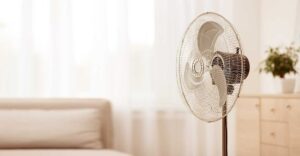
Use Fans Wisely
While fans can be helpful, they may not prevent heat-related illness when temperatures are very high. When it’s extremely hot, fans should be used in conjunction with other cooling methods.

Plan Ahead
Keep an eye on weather forecasts and plan your activities accordingly. Stock up on supplies like water, ice packs, and non-perishable foods before a heatwave hits.
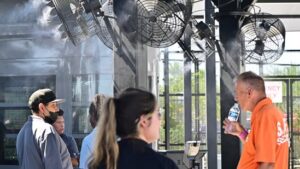
Heatwaves can be challenging, but with the right precautions, you can stay cool and safe. By staying hydrated, dressing appropriately, and creating a cool environment, you can beat the heat and enjoy the summer safely.



